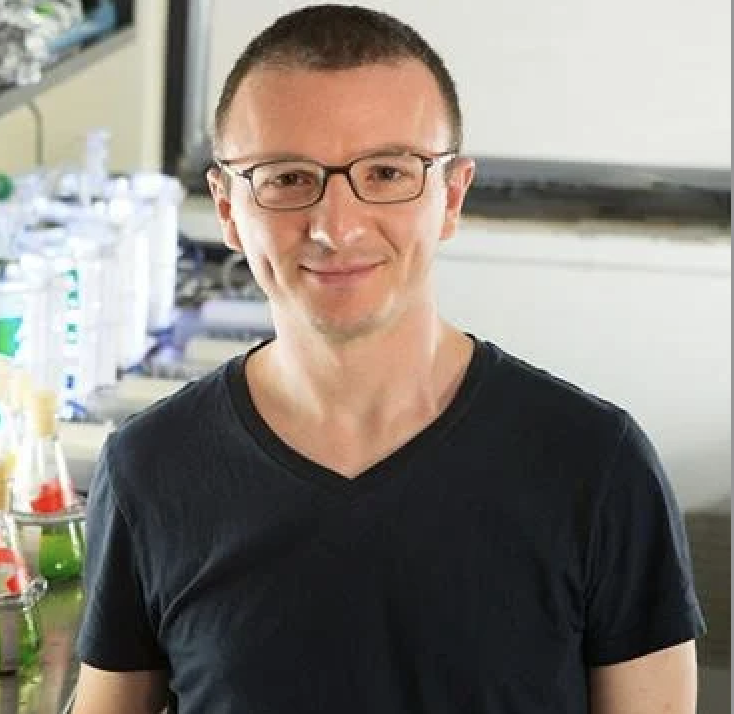IATA releases updates on the journey to #netzero

Biotechnologies Research and Development Center, in partnership with Cambridge University, is focusing on using algae to develop sustainable aviation fuel, under the leadership of director Berat Haznedaroglu
While noting that the tragedy unfolding in Ukraine has further impacted the civil aviation sector with record high prices of oil and commodities, IATA reminds us that environmental challenges remain and we must not forget them.
The association’s monthly update includes information from the latest IPCC report, that climate breakdown is happening more quickly than anticipated.
“The urgency of action is clear. The air transport industry has committed to Net Zero CO2 emissions by 2050 and we aim to report regularly on the developments, breakthroughs and challenges of the collective action decided by the industry and governments on the road to #FlyNetZero,” says IATA spokesperson.
Sustainable aviation fuel is an important part of achieving this goal IATA reports the following developments in this area:
• In collaboration with Braathens Regional Airlines and Neste, ATR performed a series of flight tests with 100% Sustainable Aviation Fuel (SAF) in one engine, an interesting development as the current legal limit is 50% blend.
• Turkish Airlines flew for the first time on SAF using its Airbus A321 between Istanbul and Paris CDG
• Boeing announced the largest procurement of SAF by an aerospace manufacturer, buying 2 million gallons of 30% SAF blend from EPIC Fuels
• Neste will start a Singapore sustainable aviation fuel plant by Q1 2023
• Airbus, Rolls-Royce, Safran and Singapore Airlines have signed the Global Sustainable Aviation Fuel Declaration at the Singapore Air Show
• In Japan, the government aims to have airlines replace 10% of their jet fuel with eco-friendlier alternatives by 2030
• Airbus and CFM signed an agreement to collaborate on a hydrogen demonstrator to fly by the middle of the decade. Airbus have stated their aim to have a commercial hydrogen plane available by 2035
Additionally, Dublin Airport Authority lodges plans for solar farm to help power Dublin Airport and identified a 27-acre site close to airfield to help it target Net Zero emissions. Also, ACI Europe published its Airport Carbon Accreditation annual report, covering the period 2019-2021.
HSBC have announced investing $100 million in Breakthrough Energy Catalyst, a program within the larger Breakthrough Energy network founded by Bill Gates, to support the growth of climate critical technologies – direct air capture, clean hydrogen, long-duration energy storage, and sustainable aviation fuels.
Algae has been explored as a viable feedstock for renewable fuels for more than a decade, however it has yet to successfully transition into regular commercial production. Algae turns sunlight, water and fertilizer into fuel. A promising characteristic of micro or macro algae is the small geographic footprint required relative to the amount of fuel that can be produced. But it is important to note that substantial energy is still required to convert algae feedstock into a bio oil, which can hinder the emissions reduction potential and has historically made algae-based renewable fuel expensive.

.jpg?&resize.width=322&resize.height=483)








